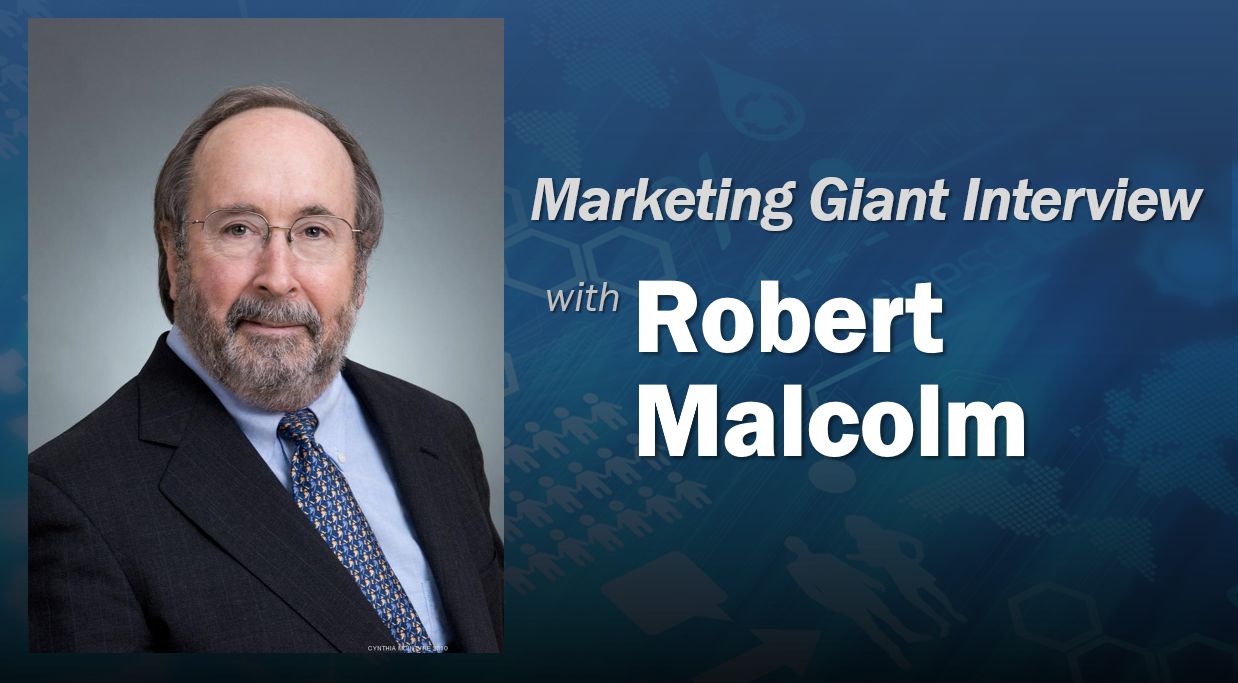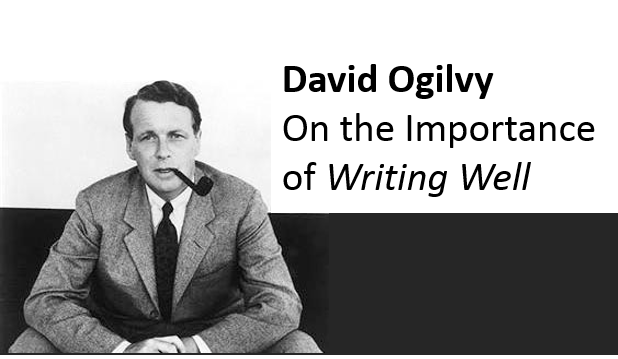What if the leading business authors are wrong?
What if we have been following ideas that have made the wrong conclusions?
The Halo Effect is an aura that surrounds companies, people and strategies that are successful. Once a person or a company achieves a certain status, the halo effect will touch everything they do. This often leads many to the conclusion that it was the company culture, or their leadership, or their personal traits and values, or their customer obsession that made them successful.
As important as it is, the Halo Effect is only the first of 9 delusions that cloud the path to success in business. The 9 delusions are beliefs that impact strategy and business decisions every day, detailed masterfully by Phil Rosenweig in his book properly named The Halo Effect.
In this book, Phil Rosenzweig debunks Good to Great, In Search of Excellence and other classic business books and research reports. These publications and their conclusions fall in the trap of one or many delusions. Following these conclusions as proven formulas carries the risk of disastrous effects.
Let’s look at the nine Delusions and the real driver for high performance in organizations.
1 – The Delusion of The Halo Effect
Many of the things experts think contribute to high company performance are often attributions based on performance. Many studies like Fortune’s Great Places to Work studies multiply the halo effect. Often a great company culture is a result of success. We think as successful companies as innovative. We think about CEOs as powerful leaders.
2 – The Delusion of Correlation and Causation
The author points to many examples: Bain and Co claims their customers outperform the market 4 to 1. The assumption is that hiring Bain caused high performance. We need to consider the possibility that companies who are outperforming the market have the time and the money to hire Bain.
Continue reading “The 9 Delusions of High Performance in Business”





